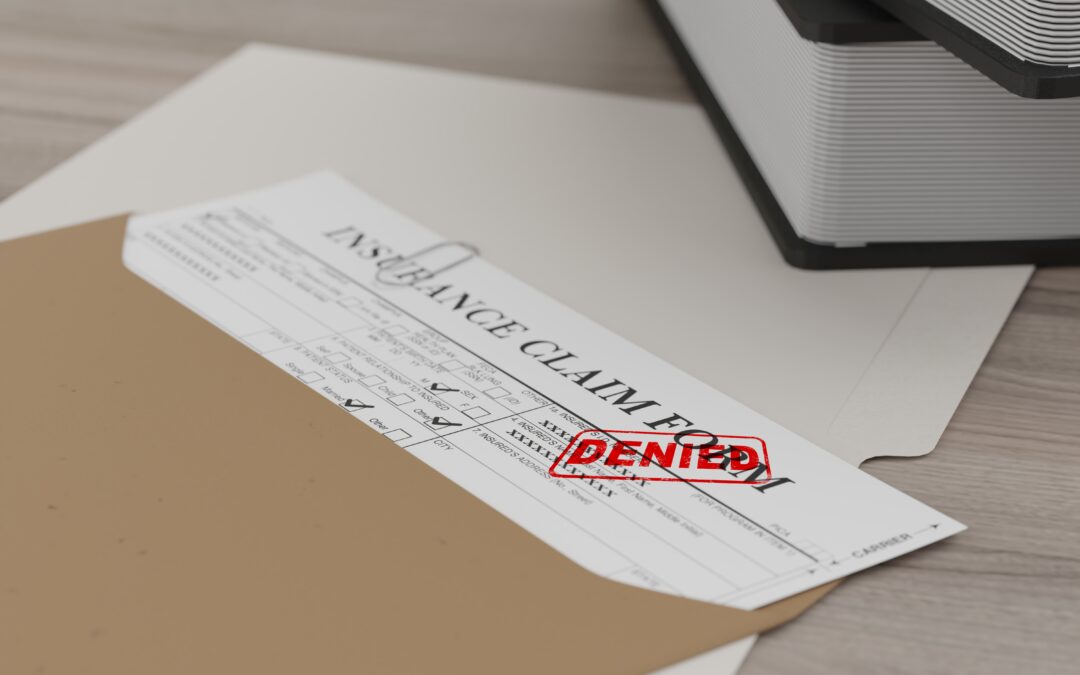Posting bail can be complex, especially when it’s unfamiliar territory, but understanding the process can make it easier for families and friends seeking to help someone in custody. Bail is a set amount of money required by the court to ensure a defendant returns for their trial. If the bail is paid, the defendant is released from custody until the court date.
Here’s a guide on the options available for posting bail, what each entails, and how professional bail bond agents can simplify the process.
1. Cash Bail
The simplest way to post bail is by paying the full bail amount in cash at the courthouse or jail. This amount, if posted by cash, is typically refunded at the case’s conclusion, as long as the defendant appears at all required court appearances. However, if the defendant fails to appear, the entire amount is forfeited. For many, posting cash bail is challenging due to the high sums often required, especially for serious charges.
2. Surety Bond
When cash bail is not feasible, a surety bond, or “bail bond,” is often the next best option. This involves hiring a bail bond agent, who provides a bond to the court in exchange for a non-refundable fee, generally 10-15% of the bail amount. This service can be advantageous because the defendant or their family only pays a fraction of the bail upfront. However, the bail bond agency assumes the financial responsibility if the defendant fails to appear, and the agency may require collateral, like property or valuables, to secure the bond.
3. Property Bond
In some cases, a property bond can be posted, which means using owned property as collateral. This involves placing a bail bond lien on the property with a value that meets or exceeds the bail amount. If the defendant fails to appear in court, the property is at risk of forfeiture. While this approach is less common, it can be an option when cash and surety bonds are not available. Be mindful that processing a property bond takes longer due to appraisal and paperwork requirements.
4. Release on Recognizance (O.R.)
For some low-risk defendants, the judge may allow release on their own recognizance, meaning they are released without posting bail. Instead, the defendant signs a written promise to appear at all court dates. This option is typically available to those who have a stable community presence, employment, or minimal criminal history. However, this is not available to everyone and is generally reserved for minor charges.
Role of Bail Bond Agents
Hiring a bail bond agent can make the bail process faster and less stressful, especially when cash bail is too high to be feasible. These agents are knowledgeable about local processes and can expedite paperwork, ensuring timely release. Additionally, their expertise in managing bail logistics can help alleviate the stress families face, as agents often provide 24/7 support and guidance on court proceedings and obligations.
How NPG Associates Can Help
NPG Associates offers services that go beyond just financial assistance for bail. Their professional bail bond service provides guidance, handling the paperwork and necessary follow-ups to secure release quickly. In cases where managing bail-related costs and keeping up with court requirements are overwhelming, NPG Associates is here to help ease the process. Whether it’s providing affordable bail solutions or managing court obligations, their team brings peace of mind to families in a challenging time.
Looking for a reliable partner in bail solutions? Contact NPG Associates today to ensure smooth bail handling.





